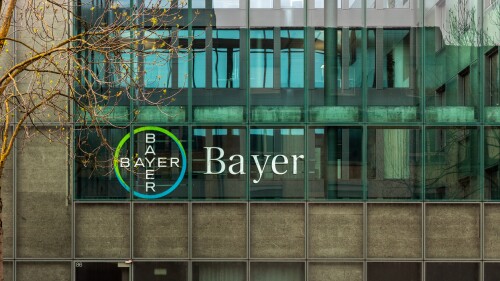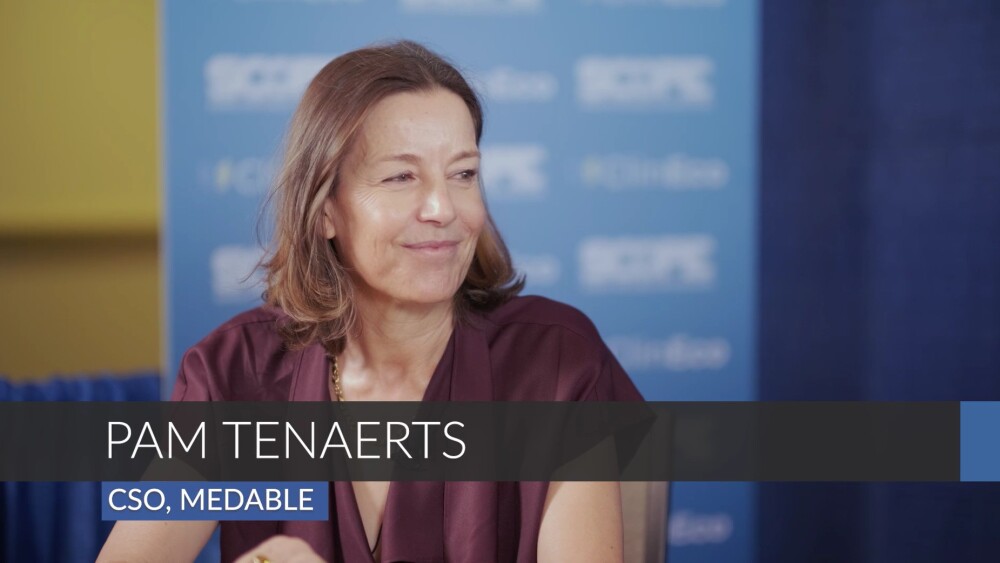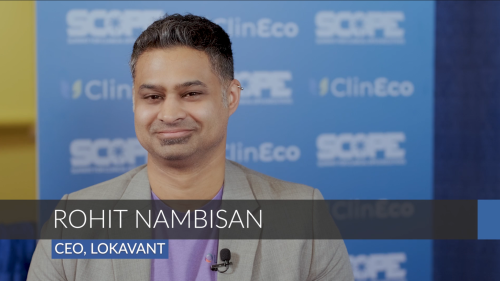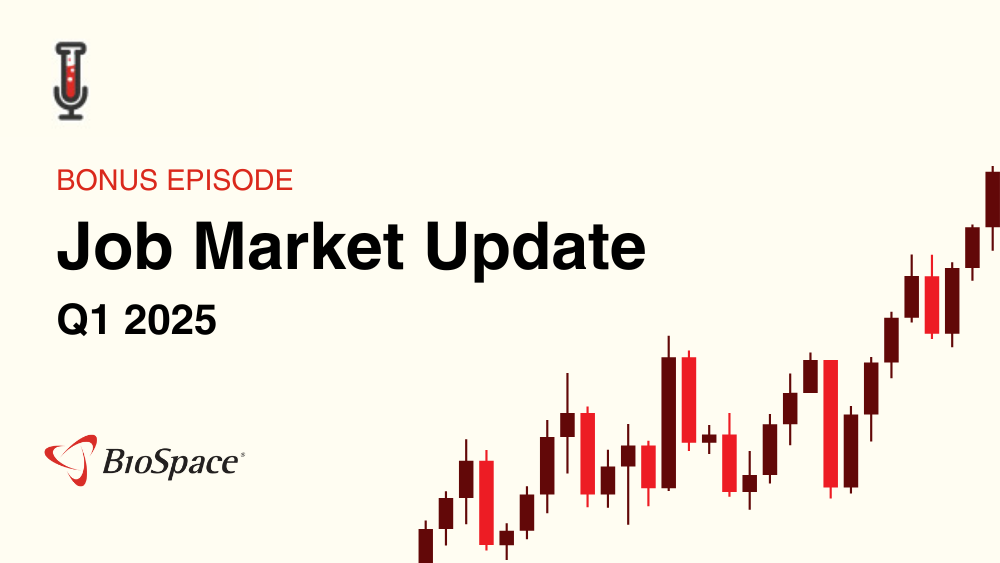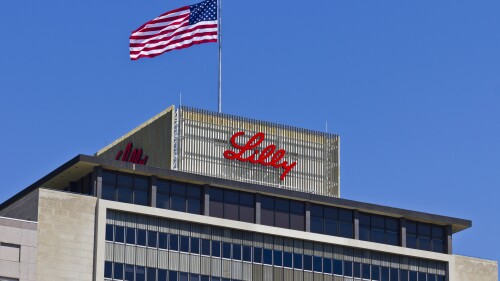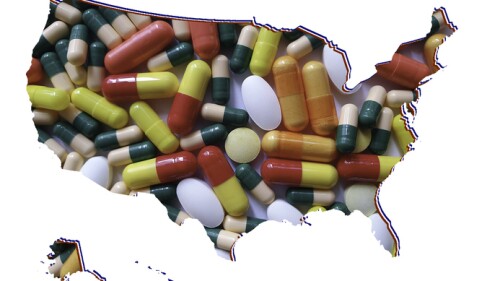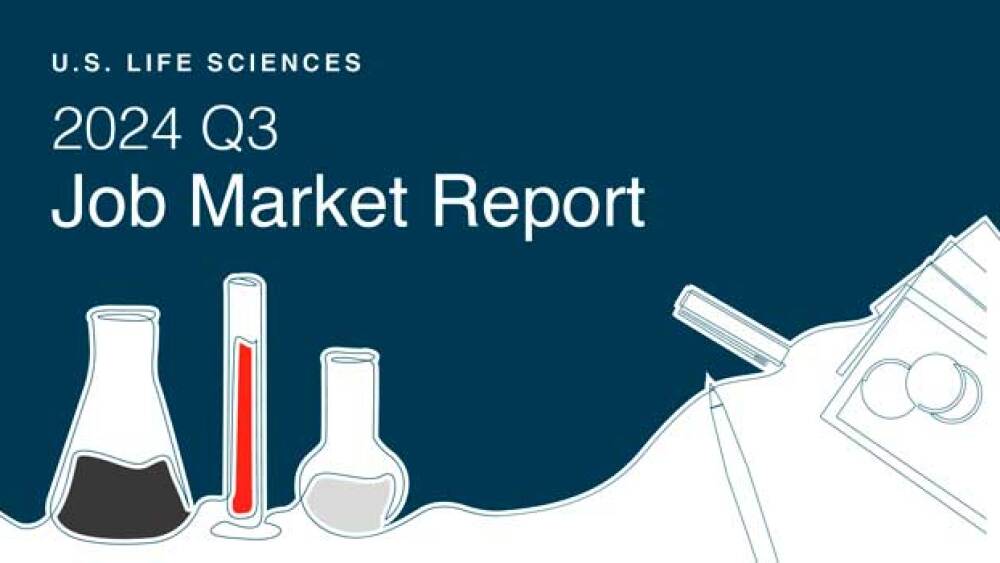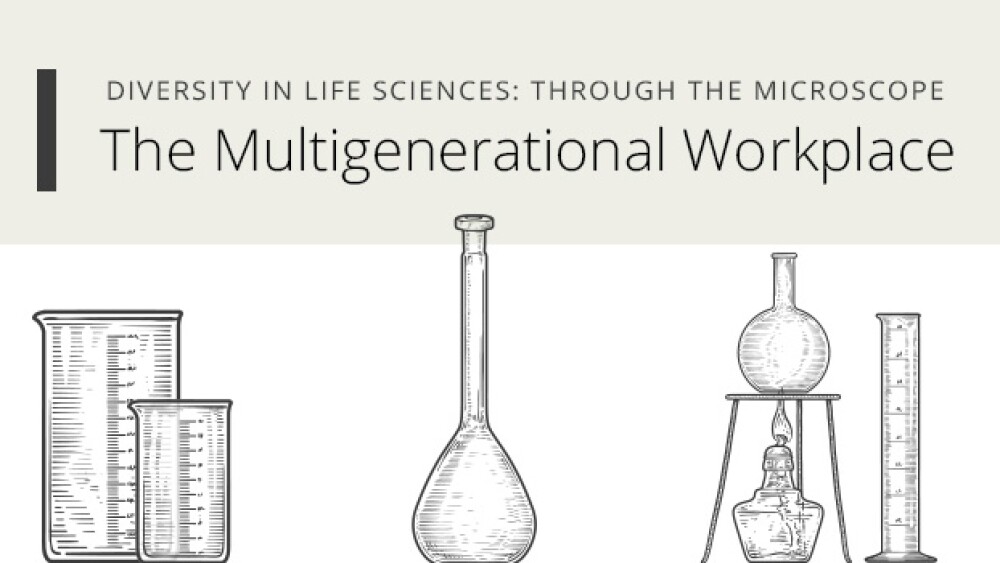The nod brings Bayer face-to-face in the market with Boehringer Ingelheim and AstraZeneca, each of which has its own HER2 blocker for non-small cell lung cancer.
The approvals come as a pleasant surprise for Regeneron, analysts say, helping bolster the overall product profile of high-dose Eylea despite outstanding manufacturing concerns.
Biopharma professionals will probably find decreasing employment opportunities this month and next even as layoffs continue, based on BioSpace data. However, hundreds of open roles are expected this year in Massachusetts, and a job market turnaround could start late next year.
If Eli Lilly’s obesity pill orforglipron is approved and priced around $200 per month, analysts at Truist predict patients will flock to it.
The CRO market in the APAC region is thriving, particularly in China, due to intense clinical trial and innovation development, with Western investors and pharma leaning in.
A spokesperson for the FDA said the agency is “considering a wide range of options to support American innovation.”
FEATURED STORIES
The startup, launched out of CEO Kevin Parker’s grad school idyll during the COVID lockdowns, is primed to find new targets where Big Pharmas won’t dare.
J&J reports today, just two weeks after Pfizer secured certainty on tariffs and drug pricing. Analysts expect to hear about plans from the rest of the industry during third period earnings calls.
While a new facility setup program aimed at encouraging onshoring received a positive reception at a recent meeting, industry representatives said the current rules on existing production plants are the main regulatory issues facing manufacturing teams.
To drive true innovation in drug development, executives must not let excitement about the latest shiny object obscure ultimate outcomes.
Heading into the final quarter of a year that has seen dramatic upheaval at the FDA—from the exodus of numerous senior leaders to unclear policy changes and a safety saga that engulfed the gene therapy space—drug approvals appear roughly on par with recent years.
Therapies from industry leaders BioMarin and Ascendis Pharma supply a key hormone that promotes bone growth. In order to move the field forward, challengers are looking to address the underlying cause of the rare, genetic disease.
LATEST PODCASTS
A draft copy of an upcoming MAHA report reveals a strategy in lockstep with recent HHS actions such as reviving the Task Force on Safer Childhood Vaccines; Viking Therapeutics reports robust efficacy from mid-stage oral obesity candidate but is tripped up by tolerability concerns; Novo Nordisk wins approval for Wegovy in MASH; and Lilly takes a pricing stand.
In this episode of Denatured, BioSpace’s head of insights Lori Ellis discusses the ‘enormous implications’ of patent policy changes with Aaron Cummings and Anne Li of Brownstein Hyatt Farber Schreck.
Prasad Returns, Delany Departs, Lilly’s Weight Loss Pill Disappoints and Sarepta’s Fallout Continues
CBER Chief Vinay Prasad reclaimed his job less than two weeks after his mysterious exit; MAHA implementor Gray Delany is out after reportedly sparring with other agency officials over communications strategy; Eli Lilly’s first Phase III readout for oral obesity drug orforglipron missed analyst expectations; and Arrowhead Pharmaceuticals addresses the recent woes of its of partner Sarepta.
Job Trends
California-based Tempest Therapeutics is laying off 21 of its 26 full-time employees. The cuts come while the biotech is exploring strategic alternatives, including a merger or acquisition, as it tries to move its investigational PPARα antagonist into late-stage development.
Subscribe to GenePool
Subscribe to BioSpace’s flagship publication including top headlines, special editions and life sciences’ most important breaking news
SPECIAL EDITIONS
In this deep dive, BioSpace investigates China’s rise as a biotech powerhouse.
In this deep dive, BioSpace explores the next big thing in obesity.
BioSpace did a deep dive into biopharma female executives who navigated difficult markets to lead their companies to high-value exits.
DEALS
-
LB Pharma landed on the Nasdaq Thursday, with 3 million additional shares sold than expected.
-
Contingent value rights are rising in a down market, helping to close the gap between buyer and seller expectations in biotech transactions.
-
Executives at Novartis have not been shy about a desire to buy more companies, with cardiovascular a big focus. In total, the Swiss pharma has put $17.23 billion on the line in M&A and licensing deals this year.
-
Blank check deals dwindled after a crazy 2021. Now, biotechs are starting to turn to special purpose acquisition companies again as an easy route to the public markets.
-
After spinning out of BridgeBio in May 2024, BBOT had an eye on another round of fundraising in 2025. A SPAC quickly emerged as the best option.
WEIGHT LOSS
-
The acquisition of breakout obesity star Metsera should pump new life into Pfizer’s portfolio, which over the last two years has suffered from three discontinued assets.
-
In letters to Eli Lilly and Novo Nordisk, the FDA accused the companies of downplaying the risks of their GLP-1 weight loss drugs during a prime time special with Oprah Winfrey.
-
The White House is clamping down on pharma’s ability to buy new molecules from Chinese biotechs; Sanofi, Merck and others abandon the U.K. after the introduction of a sizeable levy; Novo CEO Maziar Mike Doustdar lays off 9,000 while the company presents new data at EASD; Capsida loses a patient in a gene therapy trial; and CDER Director George Tidmarsh walks back comments on FDA adcomms.
-
The over-representation of males and Hispanic patients in Eli Lilly’s Phase III ATTAIN-1 study could explain why orforglipron “underperformed” expectations in a previous readout, according to analysts at BMO Capital Markets.
-
The FDA has vowed to fix a pharma ad loophole—but they’re targeting the wrong one.
POLICY
-
While the FDA is trumpeting this new initiative as “sweeping reforms” to the way drug companies can advertise, experts say the regulator is going after a problem that doesn’t exist.
-
Like the first batch of appointees to the CDC’s vaccine advisory committee, several of the new panelists have documented histories of vaccine and COVID-19 skepticism.
-
Some observers see risks to becoming over-reliant on local facilities, noting the potential need for trade partners if domestic production is disrupted.
-
President Donald Trump is considering tariff exemptions for certain “non-patented” pharmaceuticals, though the White House has yet to release specific guidelines.
-
A draft executive order obtained by The New York Times purports to clamp down on the pharmaceutical industry’s ability to buy new molecules from biotechs based in China, along with a number of other proposed reforms.
An appreciation for practicality, independent thinking and patient care can help disrupt the bureaucracy of Big Pharma.
Plus, learn about what to expect in initial interviews and how to time your post-Ph.D. job search for maximum success.
Having difficult conversations with the right mindset can build trust and further develop your relationship with your team.
Getting caught between younger team members and older bosses can be stressful for millennial managers. A leadership expert and millennial manager share tips for bridging the gap between these groups.
For reasons including downsizing, avoiding retirement and a tight labor market, senior-level biopharma professionals are increasingly turning to fractional roles, according to two recruitment experts.
Massachusetts’ biopharma jobs increased 2.6% in 2023, according to the MassBio Industry Snapshot. Whether the state’s jobs grow in 2024 remains to be seen based on this year’s layoffs and seemingly slowed hiring based on BioSpace data.
HOTBEDS
REPORTS
Over the last two decades, women have achieved near equal levels of representation in life sciences - though there are distinct gaps in leadership and pay equity. The experience of women also differs vastly depending on age, race, and other factors.
How does age affect employees’ experiences in the workplace? This report examines the intersection of age along with gender and other demographics.
In the final instalment of our Diversity in Life Sciences series, BioSpace provides life sciences organizations with practical solutions and benchmarking data to strengthen their DEI initiatives.
CANCER
-
Krystal Biotech’s decision follows the FDA’s rejection last month of Replimune’s RP1, which works similarly to Krystal Biotech’s KB707. The biotech said this has introduced “heightened uncertainty” regarding a potential accelerated pathway for the candidate.
-
The FDA recommends that companies use overall survival as a primary endpoint for clinical trials where feasible. The new guidance follows the surprising return of CBER Head Vinay Prasad, who has previously argued for prioritizing OS.
-
The platform strategy of using one molecule to target an underlying biological pathway to address many different diseases can be a goldmine for smaller companies. But it also has a unique set of challenges.
-
VantAI will use its machine learning capabilities to identify novel target-effector pairs that Halda can use in designing its bifunctional small-molecule drugs.
-
The Department of Health and Human Services’ mRNA pullback only applies to their use in upper respiratory disease, according to Secretary Robert F. Kennedy Jr.
NEUROSCIENCE
-
Capsida has yet to disclose the exact cause of death. The patient had received the gene therapy CAP-002 for a type of epilepsy.
-
Presenting at the World Sleep Congress 2025, the Dublin-based company’s Phase II study bested Takeda drug in both efficacy and safety.
-
Shares of Rapport Therapeutics popped Monday morning after Phase IIa data for RAP-219 exceeded analyst and Wall Street expectations, reducing seizures by almost 78% in patients with drug-resistant focal onset seizures.
-
KER-0193 is a modulator of ion channels connected to autism spectrum disorder. The FDA bestowed orphan drug and rare pediatric drug designations on the candidate earlier this year.
-
New FDA expert panels, such as recent meetings on SSRI use during pregnancy and on hormone replacement therapy during menopause, are drawing criticism for being one-sided. One leader says such panels are designed to reach a specific conclusion.
CELL AND GENE THERAPY
-
The patient-specific nature of autologous cell therapies presents unique challenges that can best be addressed by a middle path between on-site and centralized manufacturing.
-
Ori Biotech’s CEO said the prioritization of review by FDA, coupled to the impact of the technology, could shave up to three years off development timelines.
-
As AAV9 and CRISPR programs navigate safety, delivery and scalability hurdles, small molecules offer a deployable, scalable bridge, complementing genetic approaches and accelerating meaningful impact for patients with Duchenne muscular dystrophy.
-
It can cure deadly diseases, save long-term healthcare costs and transform lives. But the U.S. insurance system still isn’t ready to pay for it.
-
Vertex Pharmaceuticals commits $45 million upfront to leverage Enlaza Therapeutics’ War-Lock platform to create drug conjugates and T cell engagers for autoimmune diseases and gentler conditioning for sickle cell/beta thalassemia gene-editing therapy Casgevy.




